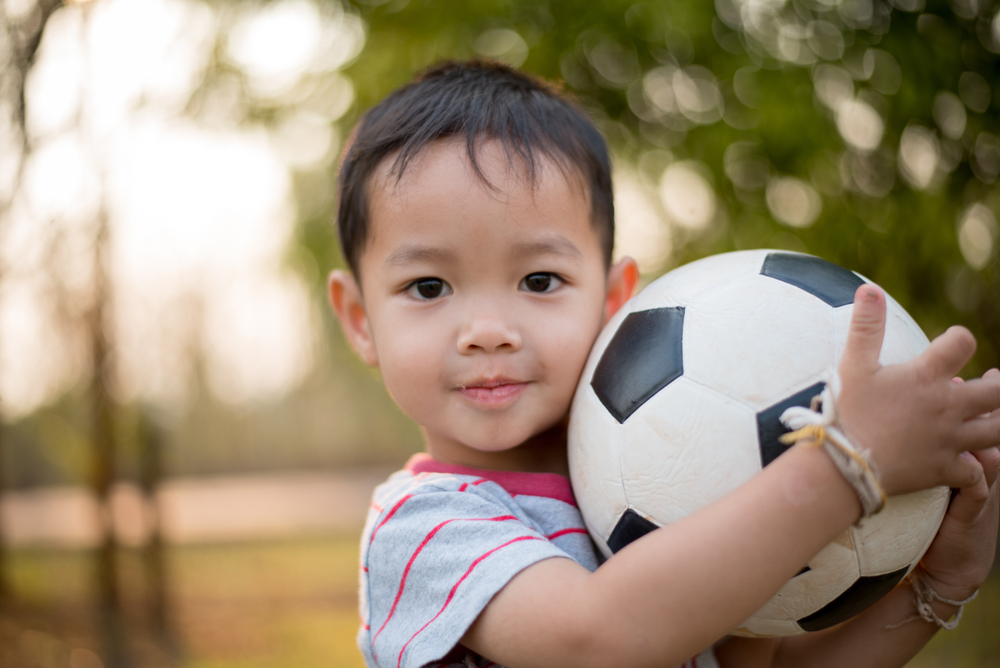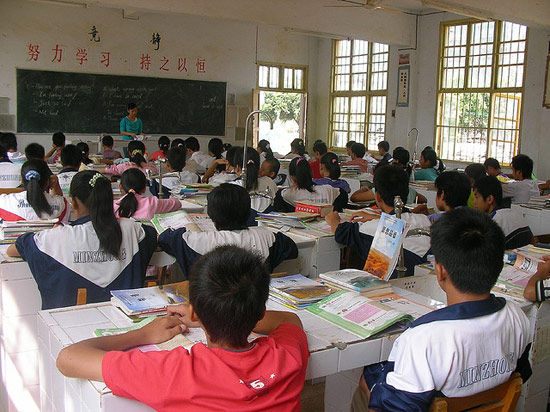Life Stages: Childhood
Chinese children from a young age learn to respect and obey their elders and to share in household work. In rural areas, they learn farm work, and in cities and towns, they shoulder the responsibility for housework, sweeping the street, and keeping the classrooms clean and tidy. Grandparents play an important role in raising children, as most women continue to work even after childbirth.
At School
Society expects Chinese children to attend nine years of mandatory schooling. Children enter preschool around the age of three and a half and primary school at the age of seven. Most Chinese children complete kindergarten and elementary school, and more than 65 percent of them attend three years of secondary school. Going to school, playing, and learning various sports and games are all part of a normal childhood in China. Traditionally, the Chinese valued male children more than female children. If the birth of a boy was cause for celebration, the arrival of a girl child was often met with silence. Around 6,000,000 Chinese women have the name of Lai Di, meaning, "a son follows quickly," indicating the societal gender bias. A Xinuha news report records the sex-ratio of newborns at 103-107 boys for every 100 girls. The Chinese government, in efforts to correct the imbalance, is banning sex-selective abortions and promoting initiatives to reverse traditional gender bias.
At Work
Despite government laws prohibiting the employment of minors less than 16 years of age, child labor remains a widely prevalent phenomenon in China. Many juveniles accept employment in workshops and factories that fuel the economic boom of China. According to estimates, the factories of China employ about 5,000,000 children. Adolescent and preadolescent children also find employment in the food service sector. The contributions of income by children play a very important part in the survival of many poor Chinese families.
Copyright © 1993—2025 World Trade Press. All rights reserved.

 China
China 
